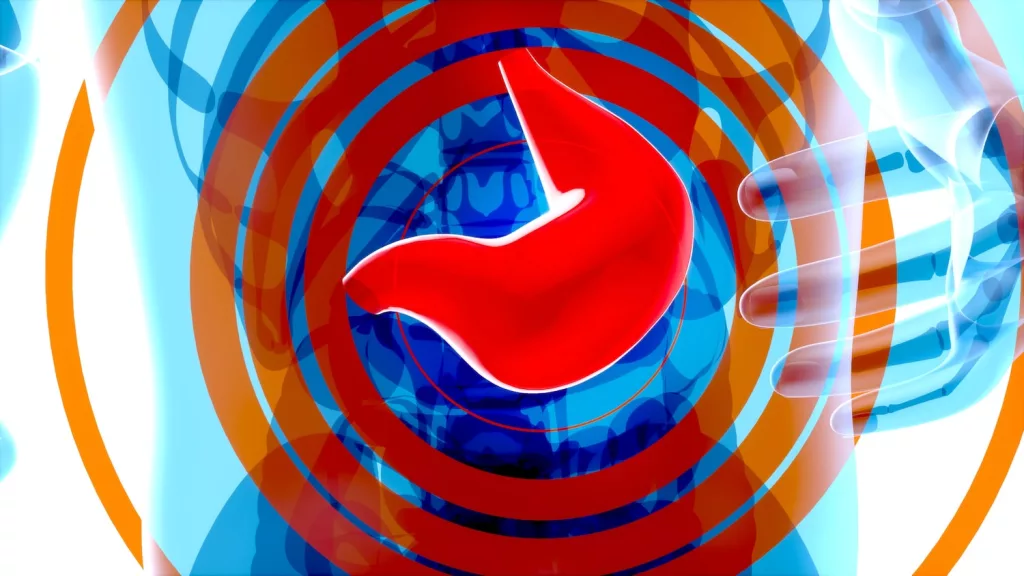The liver is an incredible organ responsible for performing over 500 vital functions in the human body. From detoxification to metabolism regulation, the liver plays a crucial role in maintaining our overall health.
However, due to our modern lifestyle and exposure to various toxins, our liver often needs assistance to function optimally. In this blog post, we will explore nine signs that indicate your liver may be in need of some support. Paying attention to these signs can help you take proactive steps toward improving your liver health and overall well-being.
Watch out for these signs your liver needs help.
1. Fatigue and Lack of Energy
If you constantly feel tired, sluggish, or lack the energy to carry out your daily activities, it might be a sign that your liver needs help. The liver helps convert nutrients into energy, and when it’s not functioning optimally, you may experience persistent fatigue.

2. Digestive Issues
The liver produces bile, a substance essential for digesting fats. When your liver is struggling, you may experience digestive problems such as bloating, gas, constipation, or diarrhea. These issues can arise due to the liver’s reduced ability to produce and secrete bile.
3. Jaundice
One of the most recognizable signs of liver dysfunction is jaundice. It causes a yellowing of the skin and eyes due to the buildup of bilirubin, a yellow pigment produced during the breakdown of red blood cells. Jaundice requires immediate medical attention, as it can indicate a severe liver problem.
4. Abdominal Pain and Swelling
Liver enlargement can cause pain and swelling in the upper-right abdomen. This discomfort may be a result of inflammation or fatty liver disease. If you notice persistent abdominal pain, it’s essential to consult a healthcare professional for a proper diagnosis.
5. Changes in Urine and Stool Color
The liver helps remove waste products from the body, including bilirubin. When the liver is not functioning properly, bilirubin can accumulate, leading to changes in urine and stool color. Dark urine and pale-colored stools may indicate liver impairment.
6. Skin Issues
As the liver plays a vital role in detoxification, impaired liver function can manifest through skin problems. You may experience itchiness, dryness, or notice the development of spider veins, eczema, or acne. These skin issues may be a sign of toxin buildup.
7. Weight Gain or Difficulty Losing Weight
If you’ve been struggling with unexplained weight gain or find it challenging to shed pounds despite your efforts, it could be due to a struggling liver. An overloaded liver can hinder metabolism and fat breakdown, leading to weight management difficulties.

8. Mood Swings and Mental Fog
The liver helps filter toxins, including harmful substances that affect brain function. When the liver is overwhelmed, it may impact your mental well-being. Mood swings, irritability, difficulty concentrating, and memory problems can all be signs of a liver in distress.
9. Increased Sensitivity to Alcohol and Medications
If you notice that even small amounts of alcohol or medications have a more pronounced effect on you than usual, it may be due to liver impairment. The liver plays a significant role in metabolizing substances, and a compromised liver can struggle to process them efficiently.
Conclusion
As the unsung hero of our bodies, the liver requires our attention and care. By recognizing the signs that your liver needs help, you can take proactive steps to improve its health. If you experience any of the aforementioned signs persistently, it is essential to consult a healthcare professional for a thorough evaluation and appropriate guidance.
Remember, a healthy liver is key to overall well-being, and taking care of it should be a priority in your journey towards optimal health.
Disclaimer: This is an informational purposes only.








